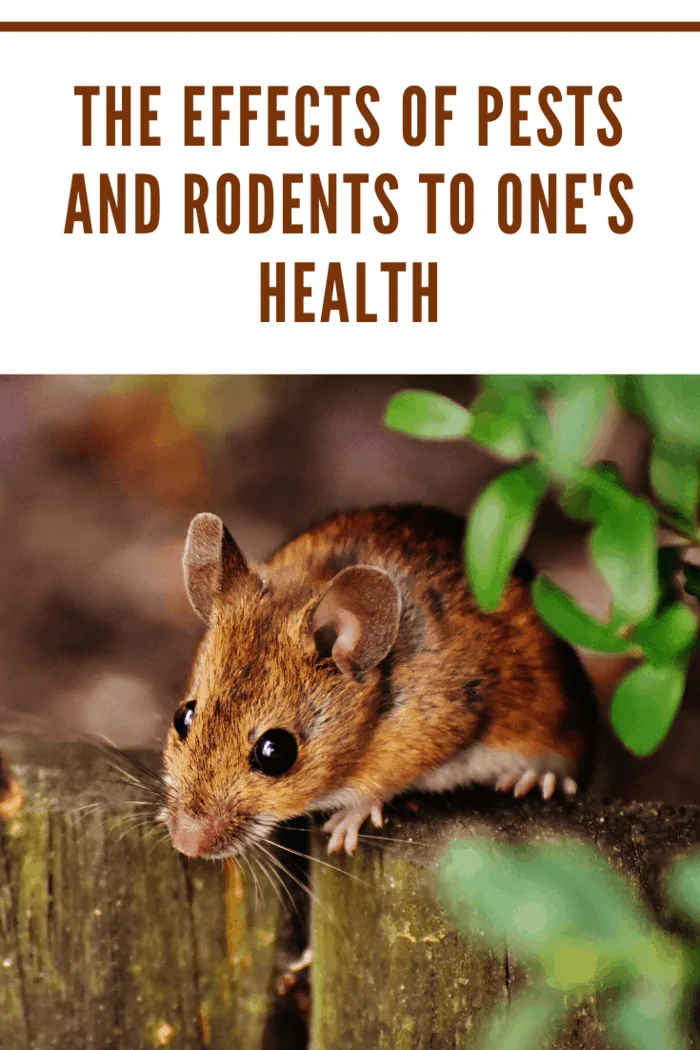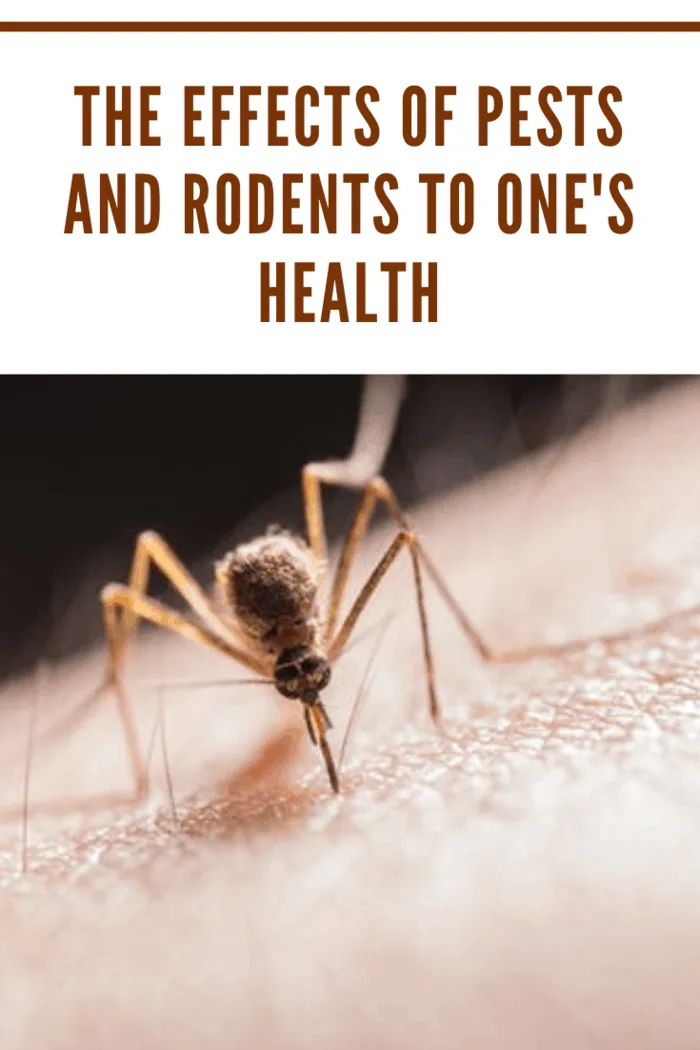Understanding the Impact of Pests and Rodents on Health
Health is Wealth—a phrase that rings true when considering the numerous ways pests and rodents can affect our well-being. This article delves into the detrimental effects of pests and rodents on human health, highlighting why it’s crucial to address these issues promptly.
What Are Pests and Rodents?
Rodents are small, gnawing mammals that can cause significant damage to our food, gardens, and property. Their most distinctive feature is their sharp, front incisor teeth, which they use to chew through nearly anything they find edible—including your favorite pair of jeans!
Common household rodents include:
- Rats
- Mice
- Squirrels (less common)
Pests encompass a broader range of creatures, including insects, arachnids, and other small bugs. These pests are notorious for causing disruptions and damage, whether through stings, bites, or infestations.
Some typical pests are:
- Cockroaches
- Ants
- Wasps
- Termites
- Crickets
- Flies
- Spiders
- Mosquitoes
- Bedbugs
- Fleas
- Mites
Many of these pests can enter our homes and workplaces from the wild, multiplying rapidly if not controlled. Understanding how to prevent and manage these infestations is essential for maintaining a healthy environment.
The Effects of Pests and Rodents on Human Health
1. They Harbor Diseases
Pests and rodents are known carriers of various diseases, directly or indirectly impacting our health.
Here are a few examples:
- Cockroaches and Flies: These common household pests can contaminate food with harmful bacteria like E. coli and Salmonella, leading to gastrointestinal illnesses and food poisoning.
- Rats: Known for carrying diseases such as leptospirosis, rabies, salmonellosis, plague, and murine typhus.
- Mosquitoes: Vectors for diseases like West Nile Virus, Zika Virus, malaria, and dengue fever.
Tip: Regularly clean and cover water containers to prevent mosquito breeding, a significant health concern.
2. A Giant Source of Nuisance
The presence of pests and rodents can severely disrupt daily life. Imagine the unsettling sight of cockroaches in your kitchen or the persistent squeaking of rats keeping you awake at night. Such disruptions not only affect your comfort but can also lead to psychological stress and insomnia.
I once had a sleepless night due to a cricket chirping incessantly near my bedroom window—an experience that made me keenly aware of how these creatures can impact your quality of life.
3. They Can Impact Your Nutrition
Pests like rats can wreak havoc on food supplies, often contaminating what’s left with germs and toxins. The result? Potential food poisoning and nutritional loss. This is especially concerning for those of us who rely on food storage for convenience and cost-efficiency.
4. They Introduce Allergies
According to the NCBI, pests and rodents are significant contributors to poor indoor air quality and allergies. For instance, rat fur and droppings can trigger allergic reactions, including asthma and respiratory issues.
Studies have shown that exposure to rodent allergens can increase the risk of developing asthma
by up to 50% in susceptible individuals.
5. They Can Bite or Sting, Causing Injury
Pests and rodents can cause physical harm through bites or stings. Fleas, bedbugs, and mites can leave itchy, uncomfortable bites, while wasps and hornets can deliver painful stings. Some spiders even have venomous bites that can be severe or require medical attention.
“Preventing pest infestations is not just about comfort—it’s about safeguarding your health and well-being.” — Dr. Maria Sanchez, Entomologist.

Addressing the Issue
To effectively combat pest and rodent infestations:
- Identify the Type: Knowing whether you’re dealing with rodents or insects can guide your control strategies.
- Find Entry Points: Inspect your home for potential entry points and seal them.
- Choose Solutions: From traps and poisons to natural remedies, select the most appropriate solution for your situation.
- Hire Professionals: Sometimes, it’s best to consult with an experienced pest control service.
For effective pest control solutions, consider checking out the Amazon store for recommended products that can help keep your home pest-free.
Conclusion
Understanding the effects of pests and rodents on health is crucial for taking proactive measures. By addressing these infestations promptly, you not only protect your health but also enhance your overall quality of life.
